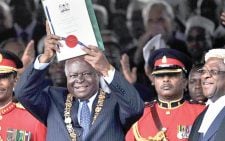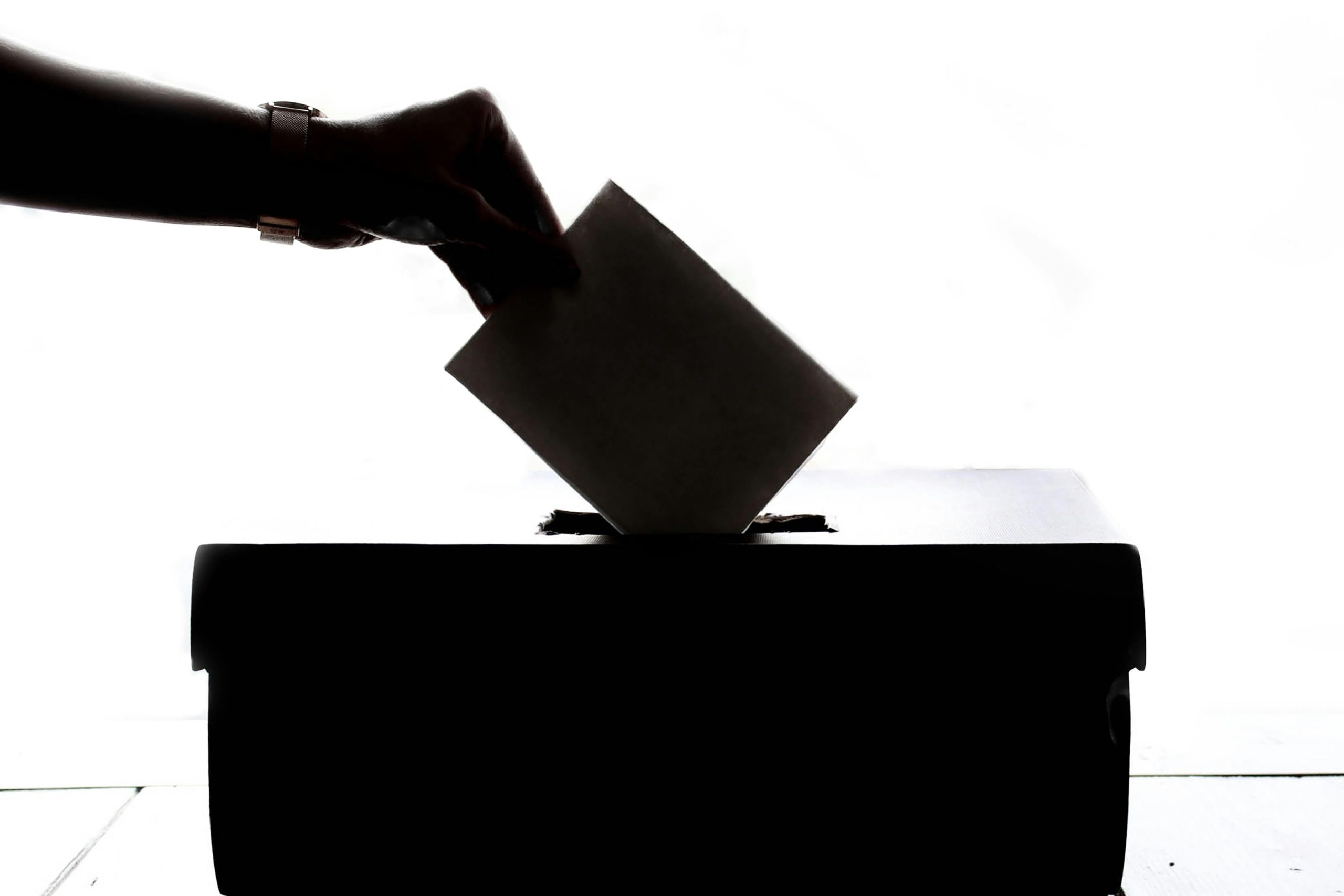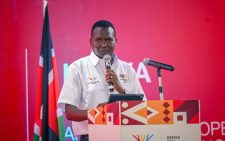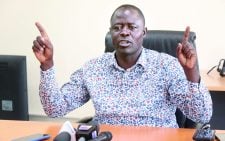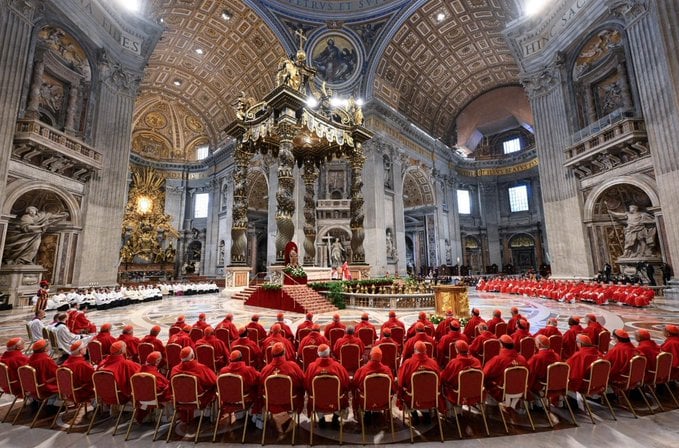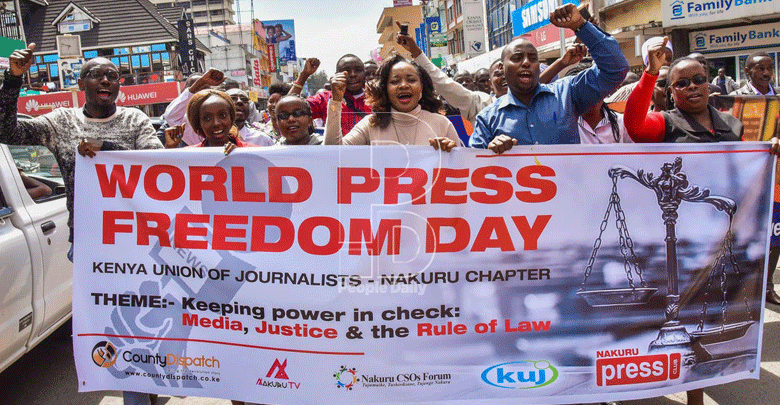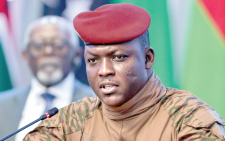Role of kingmakers muddles democratic integrity
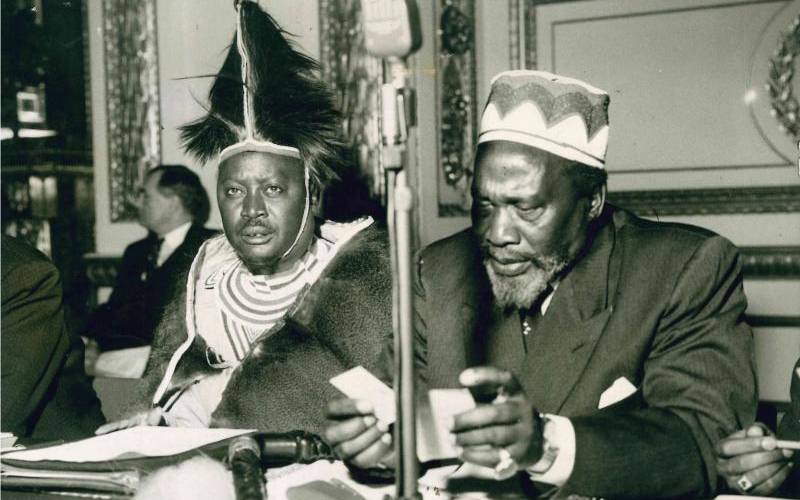
If you have been following informal political conversations in Bunge la Mwananchi and at the Jacaranda Grounds, one thing is evident: Kenyans are more involved in their day-to-day politics than ever before. However, political kingmakers are still influential in our political landscape.
In the colonial period, the British administration in Kenya acted as the ultimate kingmaker, determining which African leaders would advance British interests. Figures like Eliud Mathu, the first African member of the Legislative Council, were handpicked by colonial authorities to serve as intermediaries between the British and African communities. As Kenya approached independence, nationalist leaders emerged as key political kingmakers.
Jomo Kenyatta rose to power with the support of KANU leaders who advocated for his release, believing he was the best candidate to unite newly independent Kenya. Tom Mboya used his strategic skills to rally political and international support, while Jaramogi Oginga Odinga famously insisted on Kenyatta’s release before independence. Mbiyu Koinange lobbied for Kenyatta’s freedom and later became a close adviser, while Daniel arap Moi, initially part of KADU, eventually aligned himself with Kenyatta’s camp.
James Gichuru maintained KANU’s stability during Kenyatta’s absence, and Charles Njonjo, as Attorney General, solidified Kenyatta’s presidency. Their combined efforts paved the way for Kenyatta to become Prime Minister in 1963 and President in 1964.
In the post-independence era, kingmakers continued to shape leadership transitions. The assassination of Mboya in 1969 removed a key political strategist, shifting the balance of power. Following Kenyatta’s death, loyalists eased Moi’s rise to the presidency in 1978 in the “Change the Constitution” movement, which ensured a smooth transition despite opposition from parts of the ruling elite.
The reintroduction of multiparty democracy in the 1990s saw the emergence of new political kingmakers. Raila Odinga’s endorsement of Mwai Kibaki in the 2002 elections, under the National Rainbow Coalition (NARC), was pivotal in unseating KANU’s Uhuru Kenyatta. Similarly, key figures within the Jubilee Alliance played a crucial role in the 2013 elections, consolidating support for Uhuru Kenyatta and William Ruto and securing their victory against Raila.
Despite unsuccessful presidential runs, Raila remains a significant political force and influential figure. His ability to galvanise support, forge coalitions, and influence key decisions has made him a central figure in every election cycle.
As the country moves toward the next election, Raila’s consolidation of power will be put to the test. If he aligns himself with President Ruto’s re-election bid, will he be able to rally the massive support he has enjoyed in the past? Or will he face a challenge from a new contender like Rigathi Gachagua, who is taking the baton from him?
Gachagua is emerging as a significant kingmaker. His influence and ability to unite voters cannot be overlooked. He bagged votes that made Ruto President. Since his impeachment, Gachagua has solidified his position as a kingmaker.
The role of kingmakers in Kenyan politics raises important questions about democracy. They offer political stability, facilitating smooth leadership changes and coalition formation. Their influence can help unite diverse political factions and foster national cohesion. However, the influence of kingmakers also raises concerns regarding democratic integrity.
They may prioritise personal or regional interests over the electorate, undermining the democratic process. Their behind-the-scenes manoeuvring can lead to elite negotiations that exclude the broader populace from meaningful decision-making, raising questions about representation and inclusivity within the political system.
As Kenya moves forward, the challenge will be to ensure that kingmakers operate within a framework that upholds the principles of democracy and public participation.
— The writer is an Innovations Evangelist and a PhD Candidate; machariamuhoho@gmail.com
